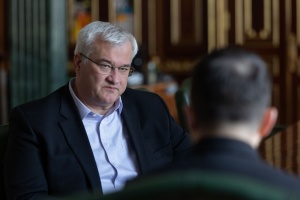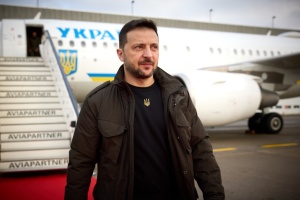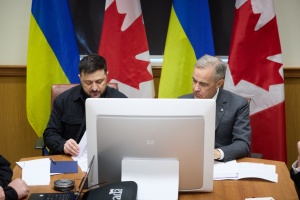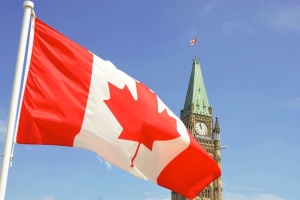
“No Russians on the ground”: Gold in politicizing sports
Officially, there are “no Russians on the ground”: the Russian national team formally does not participate in the Olympics in Tokyo. Until December 2022, Russian athletes are banned from competing under their own flag, anthem and name of the country at major international competitions. The ban is linked to a doping program organized not only by coaches, doctors and sports federations, but also by Russian officials and intelligence services.
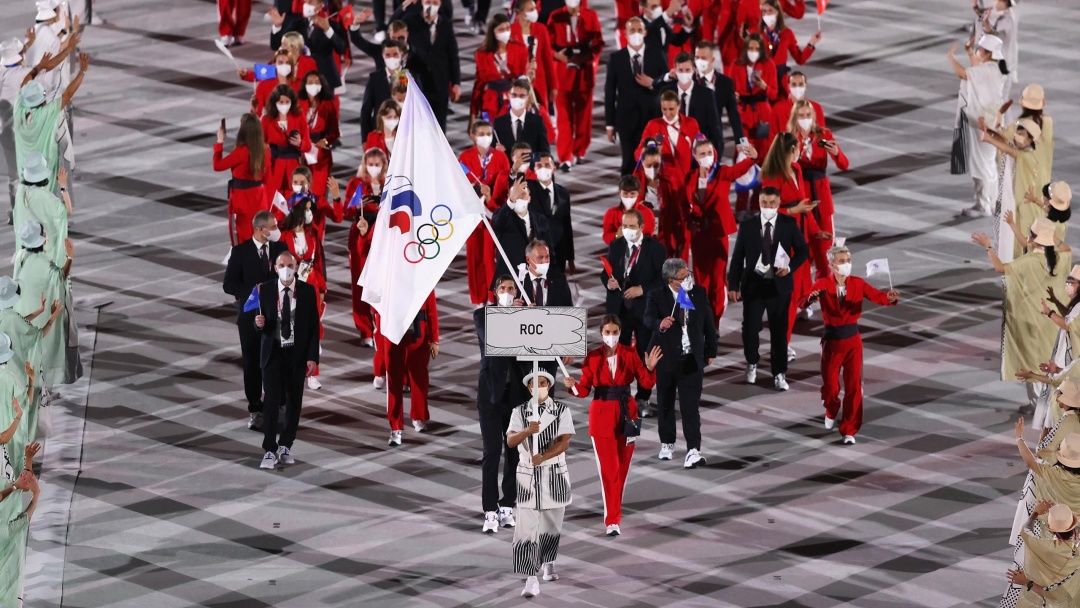
Yet, Russian athletes who are not known to have ever used banned drugs are allowed to perform in a neutral status—without indicating their affiliation with Russia with national symbols. Among other things, Russians were not allowed to use the Soviet military song “Katyusha” in place of the anthem or swimsuits depicting bears. However, they were allowed to use the colors of the Russian flag on their uniform.
“Like nothing ever happened”
U.S. Anti-Doping Agency CEO Travis Tygart expressed disappointment in what he called “a weak, watered-down decision.” He says that in Tokyo, he saw no evidence of actual punishment for Russia.

The British outlet Evening Standard called it “the ban that means nothing”: “Athletes are announced as Russian. […] It is like nothing ever happened: not the systematic doping; not the cover-ups going all the way to the Kremlin; and not the lack of apology for any wrongdoing.”
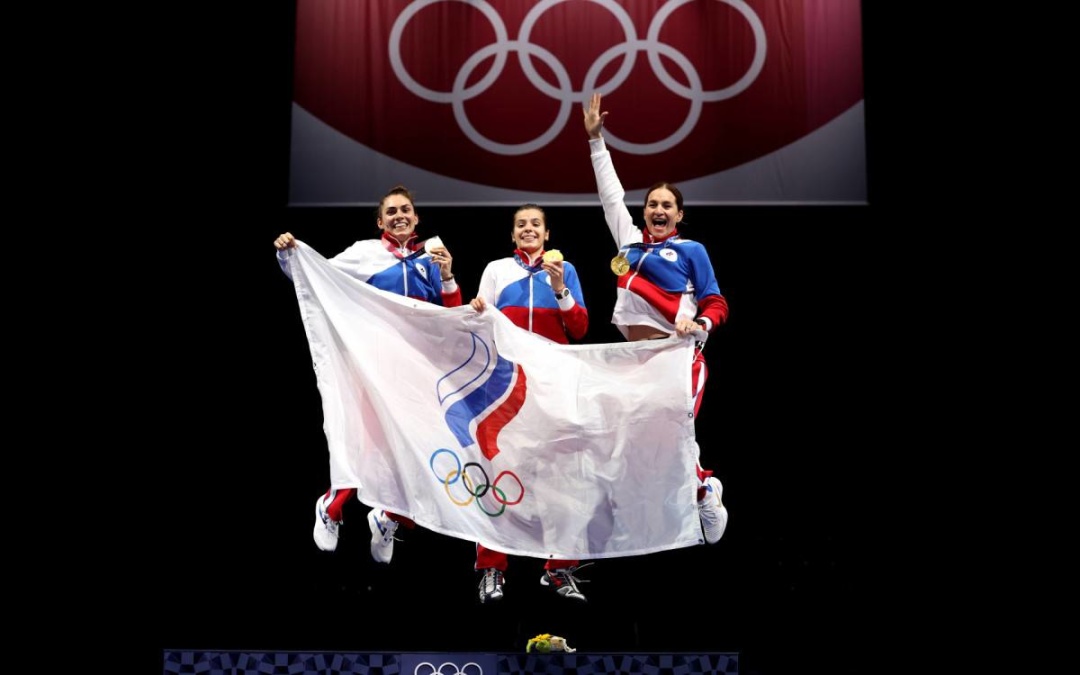
The American Yahoo Sports wrote about this: “It’s a wonder Vladimir Putin hasn’t shown up here riding a horse, shirtless through downtown Tokyo… but sporting a fake mustache and calling himself Pladamir Vutin.”
While in the west, the excessively lenient punishment has disappointed many, in Russia itself, this format of participation is viewed as “humiliation.” (As Igor Lebedyev, a member of the State Duma, said, “This is a shame... Even Ukraine was there with its flag and uniform!”) And they retaliate for the humiliation in every possible way: through complaints and political scandals.
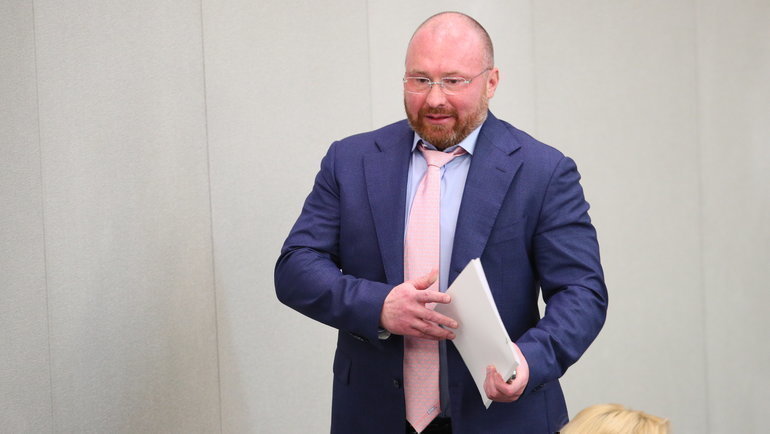
We have collected key moments of how the Olympics are covered in Russia. And again, while insisting that sports needs to be beyond politics, they keep using this event with political purposes.
“B**chfest”
It appears, writes American The Daily Beast, as though every Olympic decision is being portrayed as part of a relentless anti-Russia campaign. They believe that the Olympics in Tokyo are a “minefield,” and Russia is a target of a “global conspiracy.” They liken the Games to a “concentration camp” and call them “the most horrific Games in history.” Everything feels wrong, the atmosphere is “depressing,” and the accommodations are “mediaeval.”
“In all seriousness, I’m certain that these Olympic Games are one of the last ones ever. I’m sure of that,” predicted Anatoly Kuzichev, the host of the state TV program Time Will Tell. Russians, bitter about the sanctions, are having a total “b**chfest,” according to The Daily Beast.
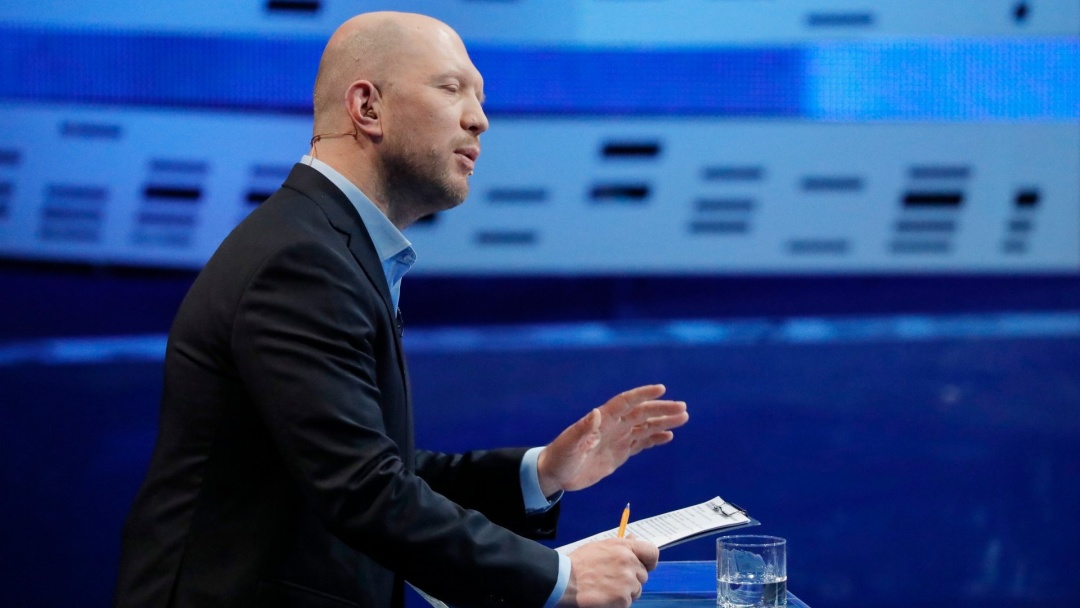
Russia pinched from every side
The Southern Kurils, as they are called in Russia, or the Northern Territories, as they are called in Japan, have remained islands of discord between the two countries for more than 70 years. Due to an unresolved dispute over the islands, Russia and Japan have not yet reached a peace agreement since 1945.
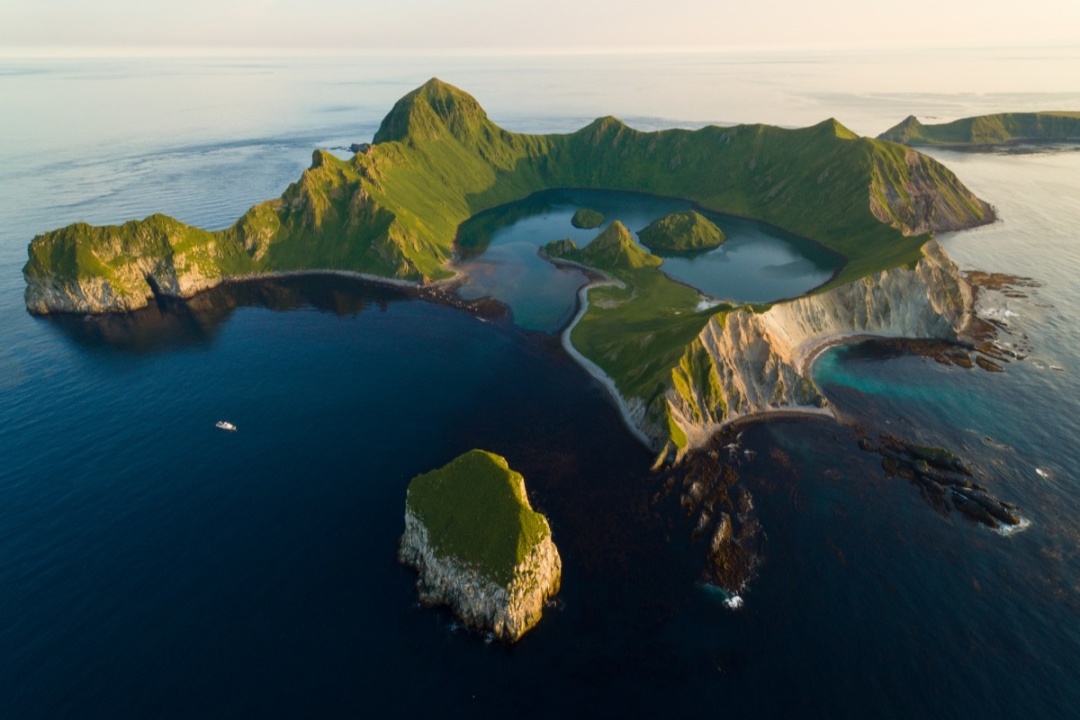
Despite the purported readiness for compromise, Russia occasionally irritates Japan with unfriendly moves. This is exactly what happened ahead of the Olympics—in the spring, the Russian Olympic surfing team trained on the island of Kunashir. It was followed by naval exercises on the islands in June. Russian Prime Minister Mikhail Mishustin visited Iturup Island in late July.
Finally, on July 22, the Russian Embassy in Japan “congratulated” the hosts on the start of the Olympics: "Congratulating the hosts of the Olympics on the future start of the Games and sincerely wishing them success, we still need to reiterate that the Kurils are an integral part of the territory of the Russian Federation.”
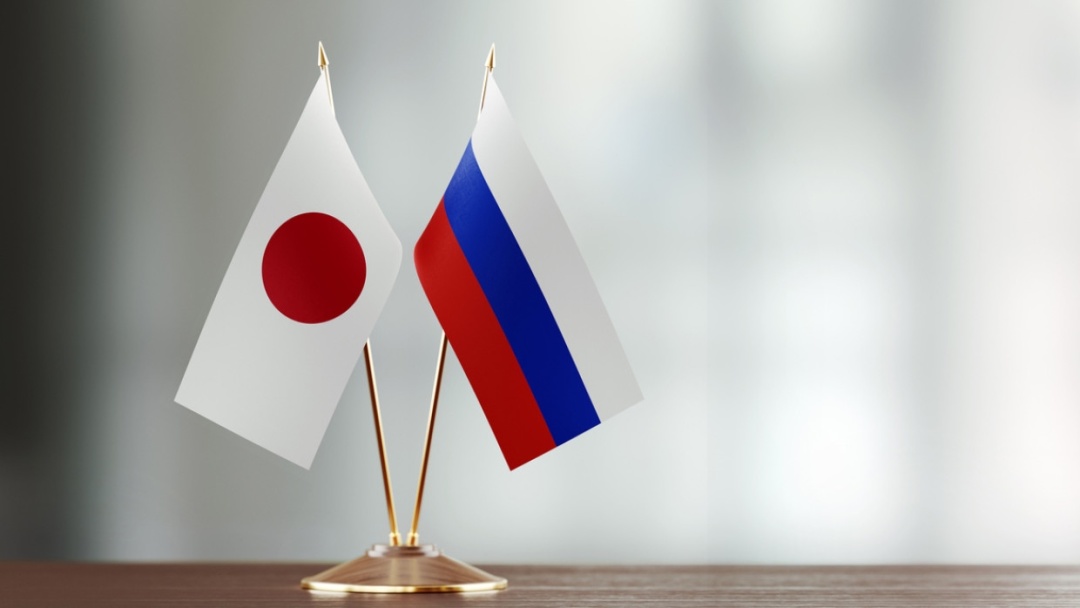
On July 23, the Russian embassy in Japan was outraged that the map had been corrected on the Olympics website, marking the Crimean peninsula as part of Ukraine (initially it was separated and looked like an island, which was “welcomed” by Russia, while the IOC called it an upsetting mistake). Dmitri Svishchev, a member of the State Duma committee on physical culture, sports, tourism and youth affairs, said in this regard: “Russia is being pinched from all sides.”
“No reason to look at Ukraine”
During the European Football Championship, Russia's First Channel did not show the beginning of matches involving the Ukrainian national team, when the anthem was played. Similarly, the channel failed to show the Ukrainian national team at the opening of the Olympics in Tokyo—it went on commercial break. The channel explained it by “commercial commitments.”
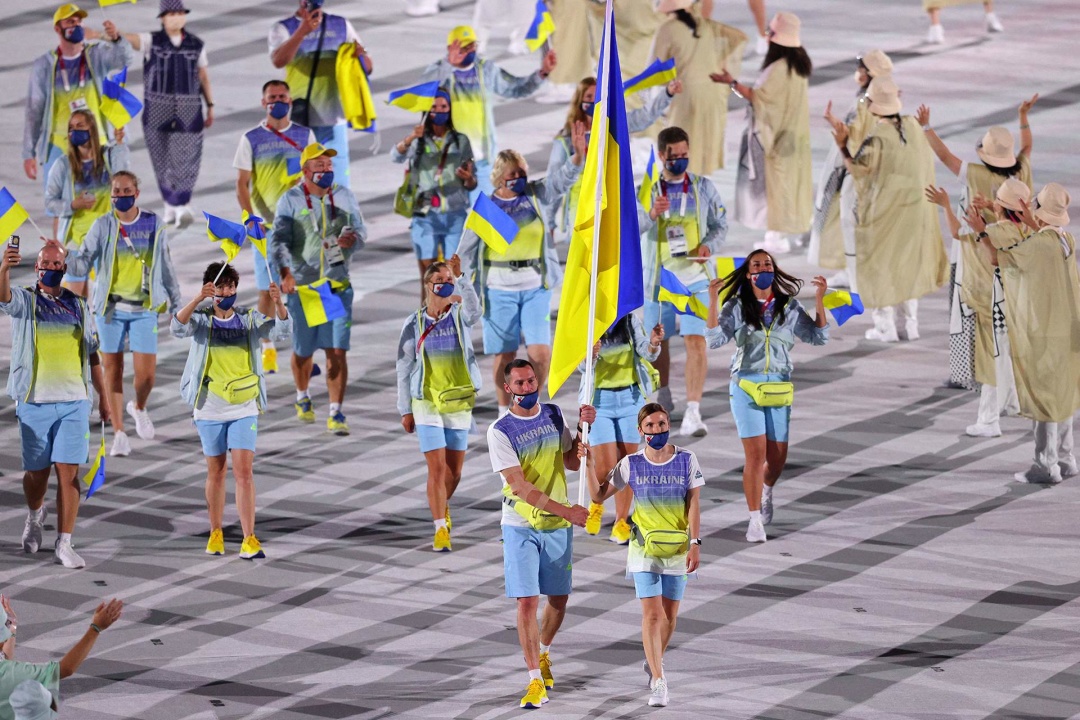
But some were more outspoken. For example, the former president of the football club "Spartak" (Moscow) Andrey Chervichenko stated this in a conversation with the correspondent of the “Chempionat": “The First Channel did the right, radical thing. Time to treat them and call a spade a spade. There is no reason for us to look at Ukraine’s national team. We need to understand that there is no more time to dawdle. Time to deliver the punches.”
“Breaking! Ukrainian athlete almost eats rival”
Mentions of Ukraine emerge even out of nowhere. Sport24.ru, a leading Russian online resource about sporting events, published a news item on July 28 entitled: “Ukrainian wrestler bit his opponent's arm at the Olympics. Everyone in shock...” The story was written following... an incident in the ring between boxers from Morocco and New Zealand. The former tried to bite his rival’s ear, Mike Tyson style.
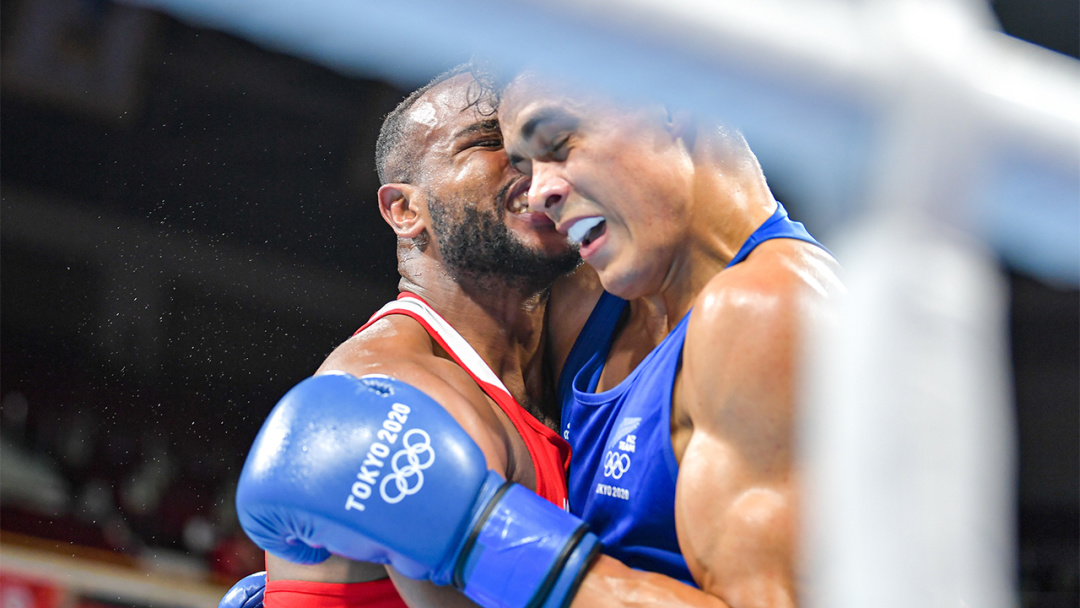
What does Ukraine have to do with it? A total of one line in the article is dedicated to the incident with the Moroccan athlete, called “a case of cannibalism.” The remaining text is dedicated to a “similar case,” a fight between American Frank Molinaro and Ukrainian Andrii Kviatkovskyi. It took place... back in 2016.
"Russian language banned"
The Commissioner for the Protection of the National Language in Ukraine, Taras Kremin, called on athletes representing Ukraine at the Tokyo Olympics to speak Ukrainian at official events. Kremin noted that there is an ongoing war in Ukraine, and manifestation of the Ukrainian language in sports diplomacy at the high level of the Olympics strengthens the country’s sovereignty.
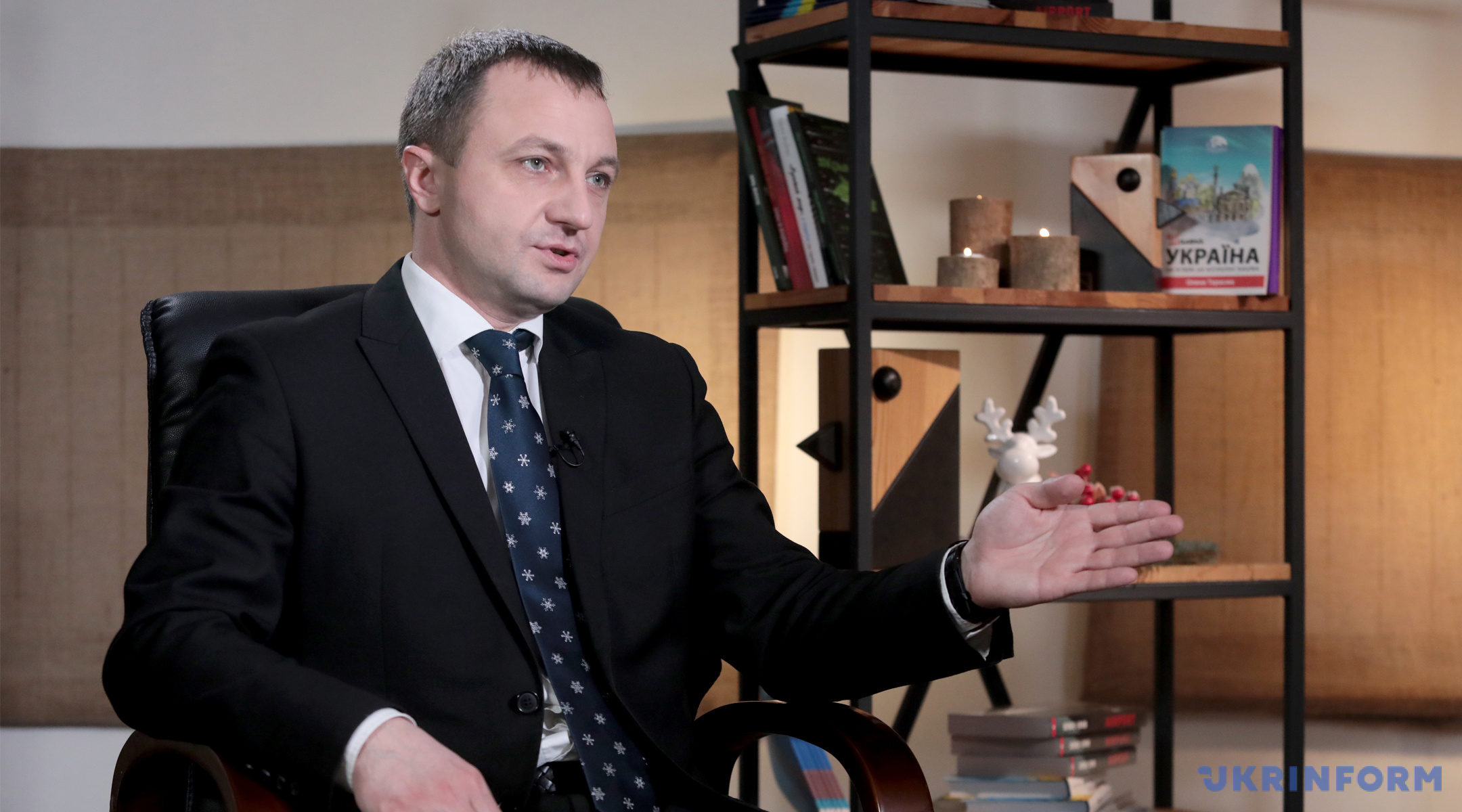
In Russia, they portrayed this request as follows: “The Ukrainian Olympic team was prohibited to speak Russian in Tokyo.”
Beating with no comment
Meanwhile, the Russian Olympic Committee prepared guidelines for athletes, KGB style, providing them with turnkey answers to “provocative” political questions. For example, the authors recommended that the athletes refuse to discuss subjects connected with Crimea and Donbas, since “sports should remain beyond politics.” For the most part, Russian athletes were advised to answer “provocative” questions from journalists with “No comment.”
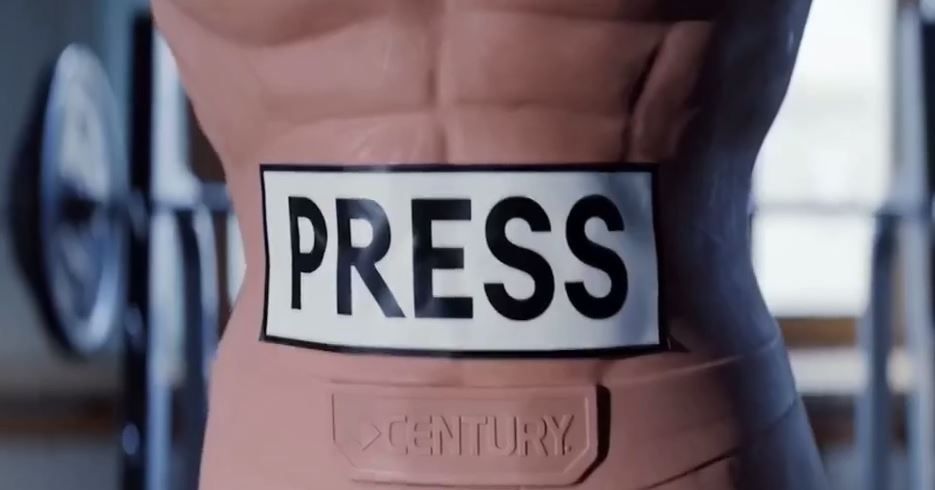
But there was another “guideline” of sorts, from the official Russian MFA representative Maria Zakharova. On July 25, she posted a video clip addressing the athletes, showing them how to prepare for contacts with journalists. In the video, Zakharova hits a mannequin with the inscription “Press” (inscriptions of the same style are usually placed on reporters’ bulletproof vests in combat zones), and it is followed by a briefing.
Stamp of crooks
It appears that Russian tennis player Daniil Medvedev followed this other guideline. Not only did he yell at Chilean journalist Sebastian Varela Namias, who asked him, "Do Russian athletes feel stigmatized at these Games and how do they feel about it?" — the athlete replied that this journalist should not be at the Olympics, should not be at tennis tournaments and that Medvedev himself never wanted to see him again. Medvedev also asked the International Tennis Federation to strip the journalist of accreditation (and was denied, naturally).
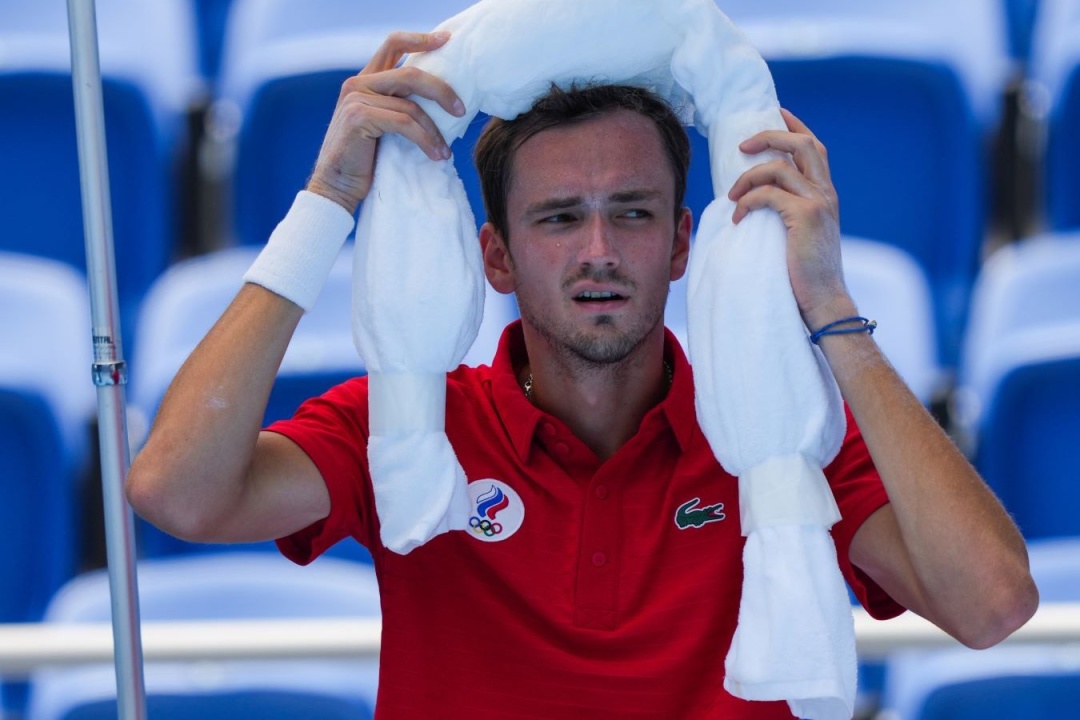
In Russia, they said that the journalist had allegedly offended Russian athletes’ uniform by calling it “fraudulent” for the use of Russian flag colors. In reality, as the transcript of the conversation proves, the journalist did not even mention the uniform.
“Okay then, we will build our own sports movement”
Whining about the Olympics started back when the IOC approved the new motto of the Olympic Games: “Faster, Higher, Stronger — Together.” In its previous form, without the word “together,” the motto remained unchanged for 127 years. The idea to update the slogan was explained by the need for solidarity and the importance of working as a team.
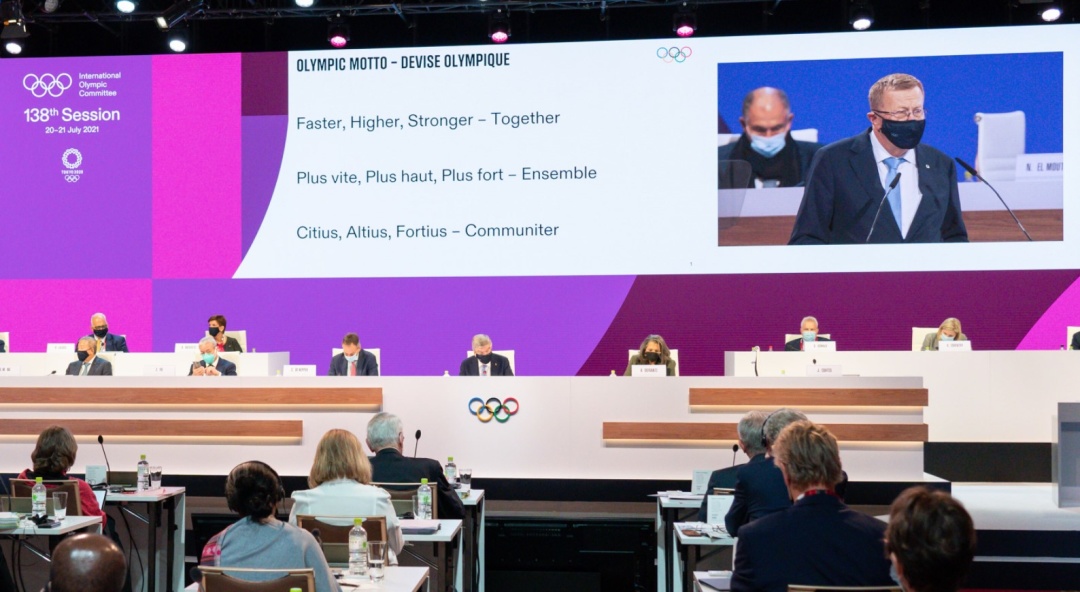
In Russia, they were not too happy about this “destruction of traditions.” They did not believe the explanation: they suspected it was about solidarity with people of other skin colors, other sexual orientations, etc. They got themselves scared, alleging that soon, a pink ring would be added to the Olympic logo. Or that a picture of “a Black guy taking a knee” would be added. There were even calls from some politicians from the ruling party to “declare the Olympic Committee illegitimate and create an alternative international sports movement.”
They even found a way to bring it back to Crimea: an RT journalist saw new opportunities in the new slogan. He believes that if the IOC respects people who are into same-sex relationships, it should respect “the decision of Crimea residents to become part of Russia.”
Center for Strategic Communications and Information Security

